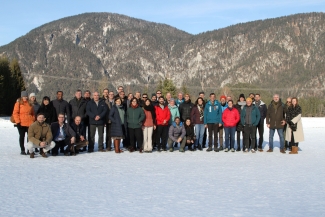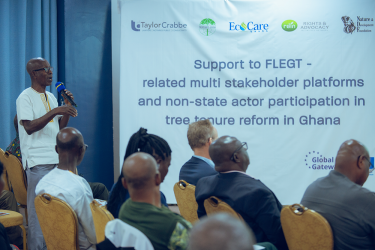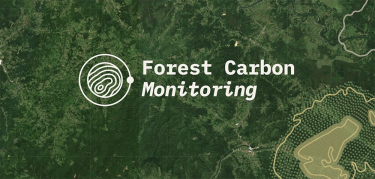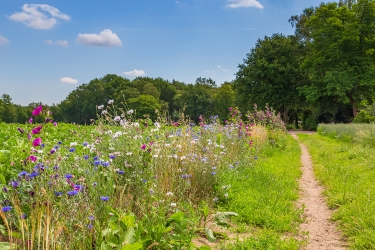WILDCARD to reveal contribution of ‘rewilding’ to EU’s climate and biodiversity goals

All over Europe, nature is making a comeback. As more people move to cities and other land use changes occur, the EU’s forest area is increasing, having grown almost by 10% (14 million hectares) between 1990 and 2020. On top of that, a total of 10-29 million hectares of agricultural land are likely to be abandoned between 2000 and 2030. This leaves potential for native flora, fauna and complex ecosystems to reclaim space, bringing natural ‘rewilding’ to the center of Europe’s environmental policy discussions.
Understanding how rewilding can contribute to solving the climate and biodiversity crises is crucial for the successful implementation of the EU Biodiversity Strategy, the EU Nature Restoration Law, and the EU Green Deal - a mission to be tackled by the new Horizon Europe project WILDCARD. Starting in January 2024, the project is, for the first time, systematically assessing the impacts of two major rewilding approaches on carbon sequestration and biodiversity conservation at the European scale. Currently, a lack of comprehensive research on the topic prevents rewilding from being fully integrated into Europe’s strategy to reach net zero carbon emissions by 2050.
WILDCARD combines field observations, remote sensing (e.g. Lidar data) and computer simulations of shifts in vegetation cover with economic, societal, and political analyses. The goal is to identify hotspots of rewilding in future climate and land use scenarios, as well as their overall impact at multiple time scales. WILDCARD mainly focuses on two aspects of rewilding: proforestation (halting forest management to allow for spontaneous forest development) and natural rewilding following agricultural land abandonment. Both are low-cost approaches that let nature do the job of restoring ecosystems.
Some of the main results expected from WILDCARD are a set of recommendations for policy-makers, a ‘Rewilding Forum’ bringing together interested stakeholders all over Europe, a podcast series, as well as an ample variety of open-access scientific outputs allowing further research on the topic. These include refined datasets on carbon stock and biodiversity changes following rewilding; an assessment of rewilding benefits and trade-offs (open-access models for scenario simulation); European-wide maps on locations of potential rewilding and its impacts, and much more.
EFI has a cross-cutting presence across several of the project’s work packages. For instance, while the Resilience team will lead an analysis of the potential contribution of rewilding to landscape connectivity for large mammals, the Governance team will synthesise the findings of the project and draw implications and recommendations for policy and resource use planning. In parallel, EFI will also contribute to identifying community-based mechanisms of social innovation and social acceptability in rewilding, and the Communications team in Bonn will lead the tasks on communication, dissemination and exploitation.
WILDCARD is funded by the European Union’s Horizon Europe programme under Grant Agreement No. 101081177, and coordinated by the University of Udine, Italy.
Photo shows WILDCARD consortium members during the project kick-off meeting in Valbruna, Italy. Photo by: Lorenzo Orzan.


